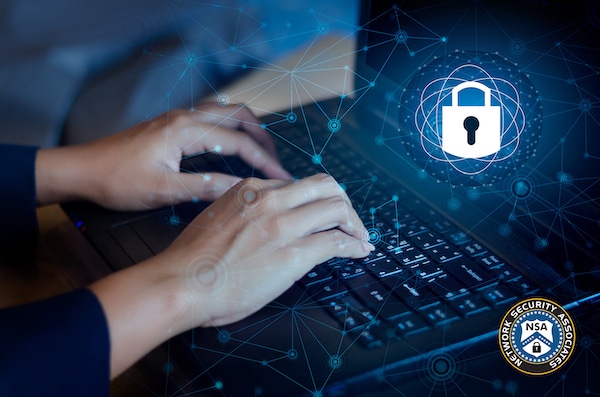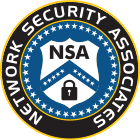Ransomware is a form of malicious software used by cybercriminals to extort money from companies or individuals. The software locks digital files or entire computers, and a ransom is demanded to restore access to the information or machine. In most cases, the victims have a limited amount of time to come up with the ransom, and paying it doesn’t guarantee access. That’s why it’s important to have strong systems and protocols in place to protect your network security.
How to Avoid a Ransomware Attack

To protect yourself and your business from an attack, keep these points in mind:
- Use Security Software
Use a trusted suite of software that goes beyond basic antivirus protection and specifically protects against ransomware. It is critical to keep all software up to date, including your operating system, apps and security software, as these are released when new threats are identified and solved.
- Don’t Open Attachments
Email is one of the primary means of delivering ransomware. Never open an attachment unless you know what it is and who it is from. Be particularly cautious with unexpected attachments from people you know, as ransomware can use your contacts’ information to send you messages that look legitimate. Never enable macros when prompted.
- Back Up Regularly
The main leverage attackers use is your files. If you have backups, they have no power. Make sure you are constantly backing up your devices and all files stored on them, and maintain all cloud services.
What to Do After a Ransomware Attack
Almost all experts agree you should not pay the ransom if your data is locked by ransomware. Doing so only encourages scammers to continue, as they have no obligation to give you your files after you’ve paid. Instead, search online or hire an expert to see if a decryption tool has been built to combat the malware.
Taking proactive measures is the best way to avoid this situation altogether. The professionals at Network Security Associates will help you put systems in place to continually monitor your data, keep your software up to date and increase your network security. Contact us at 702-547-9800 to learn more.

